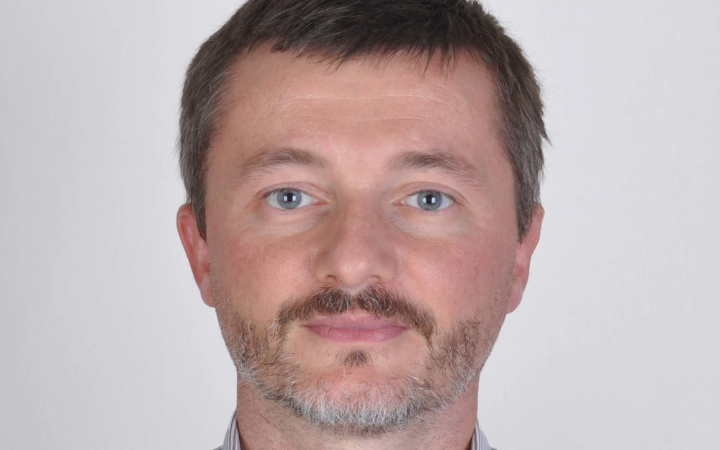Name: Pierre Fallavier
Title: Senior Development Coordination Adviser, United Nations Resident Coordinator’s Office
Country: Mauritius/Seychelles
Partnership: UNITAR-UNDESA “Integrated Recovery Planning and Policy Coherence Towards SDGs” Workshop
Mauritius and Seychelles are amongst the top paradise destinations that most people dream of visiting. These stunning islands with glorious white sand beaches and reefs bustling with exotic marine life are also known for having achieved considerable economic success. Although geographically isolated – Seychelles, for instance, with its nearest neighbours over 1,000 km away from their shores – the islands have managed to virtually eliminate extreme poverty, provide universal free access to education and primary healthcare, and sustain high levels of social welfare spending.
Unlike the paradisiacal islands from fairy tales, however, Mauritius and Seychelles are not safeguarded from the hardships of our real world. With both economies mostly based on tourism and fishing, the islands strongly felt the impact caused by the COVID-19 pandemic restrictions on travel and trade. Additionally, they figure amongst the most vulnerable nations to the ever more devastating effects of climate change.
The two Island States are well aware of these major threads and are committed to keeping their reputation as economic development success stories clean. Thus, both are devoted to developing the best strategy possible to sustainably recover from the effects of the pandemic and build resilience to cope with the current climate crises as well as any further challenges that may come their way.
The UN Resident Coordinator's Office for Mauritius and Seychelles coordinates the provision of technical assistance from a UN country team of twenty agencies to support both countries in achieving their development ambitions and international commitments. “Perhaps the most important thing when developing national strategies is to ensure the principle of actions is cohesive. For instance, if a policy to improve food production facilitates the use of a lot of chemical inputs, this can conflict with other policies on environmental protection. Mauritius and Seychelles are engaged in developing coherent and interlinked strategies to avoid policies that pull into opposite directions”, explains Pierre Fallavier, the Senior Development Coordination Adviser for the UN Resident Coordinators’ Office from 2020 to 2021.
As both governments work on their strategies, UNITAR and UNDESA joined efforts to address exactly this issue. They developed a comprehensive study for each country using a system thinking approach in order to assist them in identifying groups of policies that maximize synergies and reduce trade-offs across different dimensions of sustainable development and promote resilience in the face of future crises. As a first step, the studies looked into the development models implemented so far. The studies included close consultations with different government agencies and ministries through interviews and focus groups. A key outcome of the studies was a map showing interlinkages between key policy areas for each country.
Government officials were able to see the complexity and the integrated nature of all sectors. How, for instance, a change in tourism policies affects environmental policies, food production policies and so on. It also gave insights into the positive impact of fine-tuning some policies. I found that to be an effective approach to communicating with policymakers rather than delivering long studies that would take them too much time to go over.
According to Pierre, the UNITAR-UNDESA study has proved relevant not only to the Governments but also to the UN Resident Coordinator's Office itself. “The work on policy coherence proved central to a lot of what our UN agencies aim to support both governments in achieving their national ambitions. It provided the picture of a puzzle we have been trying to assemble without knowing what it should look like. The different pieces are starting to fit in. Now we know more clearly the opportunities for collaboration amongst the different UN agencies and the countries.”
Discussions on enhancements to Mauritius and Seychelles’ food system are one example of how the study came in handy. “We have been working with both governments to review their food system: the challenges as well as areas and strategies for improvement. From that, they have identified their respective priorities to strengthen their food system. From our side, we are able to see what kind of technical resources the UN System can provide to support their ambitions to advance food security, food sovereignty, and good nutrition.”
Now the expectations are for the development of national capacities and an analysis that goes further into this mapping, sector by sector. The inclusion of financial prospects is an important related topic. As for our side, we too are excited to continue collaboration on this project!


